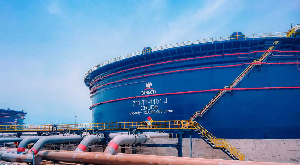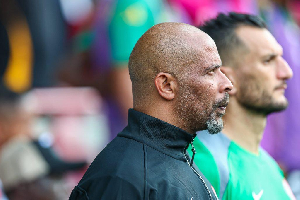One week after the Dangote Petroleum Refinery announced the commencement of its direct petrol distribution with free delivery, Nigerians have yet to feel the impact.
The refinery had pegged pump prices at N841 per litre in Lagos and neighbouring Southwest states, and N851 in Abuja, Delta, Rivers, Edo, and Kwara.
However, a market survey revealed that motorists are still buying fuel at higher prices in several states, with rates ranging from N865 to N895 per litre.
The development has left many consumers disappointed, especially after the refinery pledged that its intervention would reduce costs and ease pressure on household budgets.
In Lagos, Dangote’s partner stations, including MRS, Ardova, Heyden, Sunbeth, and Optima Energy, sold petrol at N865 per litre, higher than the refinery’s recommended price.
In Abeokuta, stations sold between N865 and N875 per litre, while in Ilorin, the pump price hit N870.
Benin recorded even higher prices at N895 per litre, while Osogbo and Ibadan sold at N865 and N875 respectively. Motorists expressed frustration, noting that the expected savings from the refinery’s N24 price reduction never materialised.
Why the scheme struggled to take off
For many, the promise of cheaper fuel has instead turned into an economic setback, further straining transportation costs and household spending.
The Dangote Refinery had initially scheduled the direct fuel distribution to begin on August 15, using 4,000 CNG-powered trucks. But the plan faced delays due to logistics challenges in China, where the trucks were being sourced.
Industry experts now argue that the refinery underestimated the complexities of Nigeria’s long-established fuel distribution system.
Daily Sun quotes Billy Gillis-Harry, President of the Petroleum Products Retail Outlets Owners Association of Nigeria (PETROAN), as saying that the refinery’s model was overly ambitious.
“It is not easy to work the way they have planned because there has always been a very well-tested distribution system that has taken over 20 years to build. One company cannot simply bypass that system overnight,” he explained.
Call for inclusion of smaller players
Gillis-Harry also criticised the refinery’s business approach, which he claimed sidelined smaller players in the downstream sector.
“We are small players, but with our numbers, we become a major force in the industry. All we are asking is for Dangote’s management to include PETROAN in its model,” he said.
He argued that sustainable pricing requires not just trucks and supply but careful strategy, planning, and partnerships with existing market operators. Without this, he warned, the refinery risks facing continued pushback and inefficiencies.
Consumers left waiting
For now, motorists across Nigeria are stuck paying higher petrol prices despite Dangote’s promises of relief. While the refinery’s entry was expected to disrupt the market and drive costs down, the failure to deliver on its price targets has cast doubt on how quickly Nigerians can expect true fuel affordability.
As distribution bottlenecks persist, consumers remain hopeful but cautious, watching to see whether the refinery can overcome structural hurdles to finally deliver cheaper petrol nationwide.
Business News of Thursday, 25 September 2025
Source: www.legit.ng













